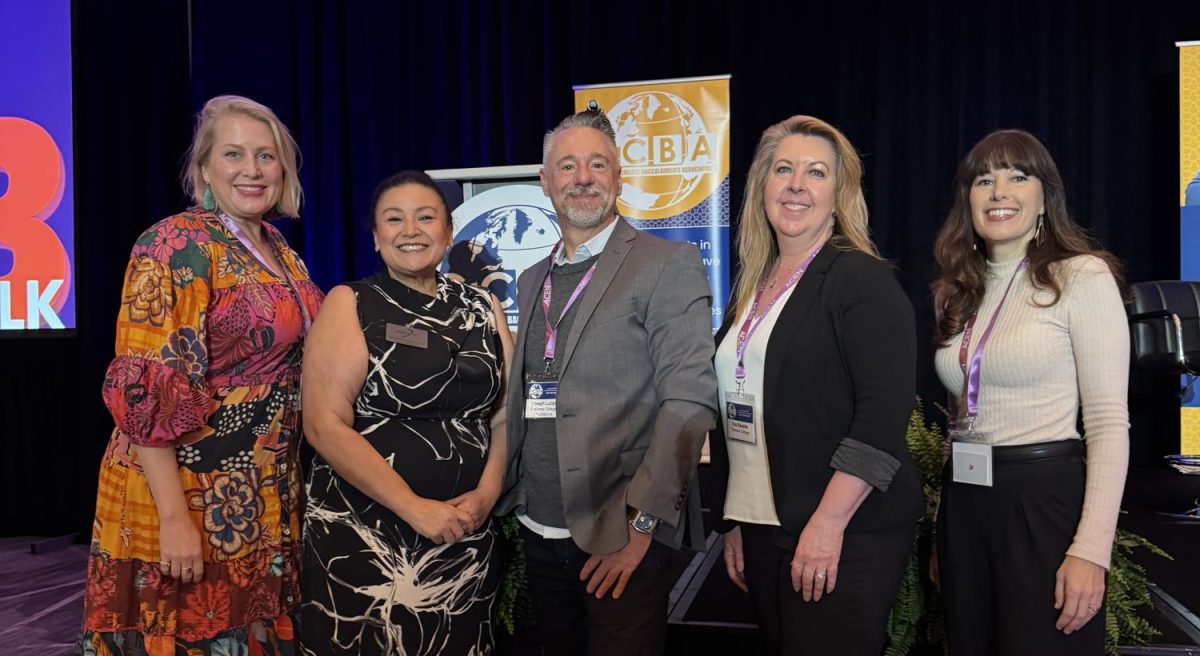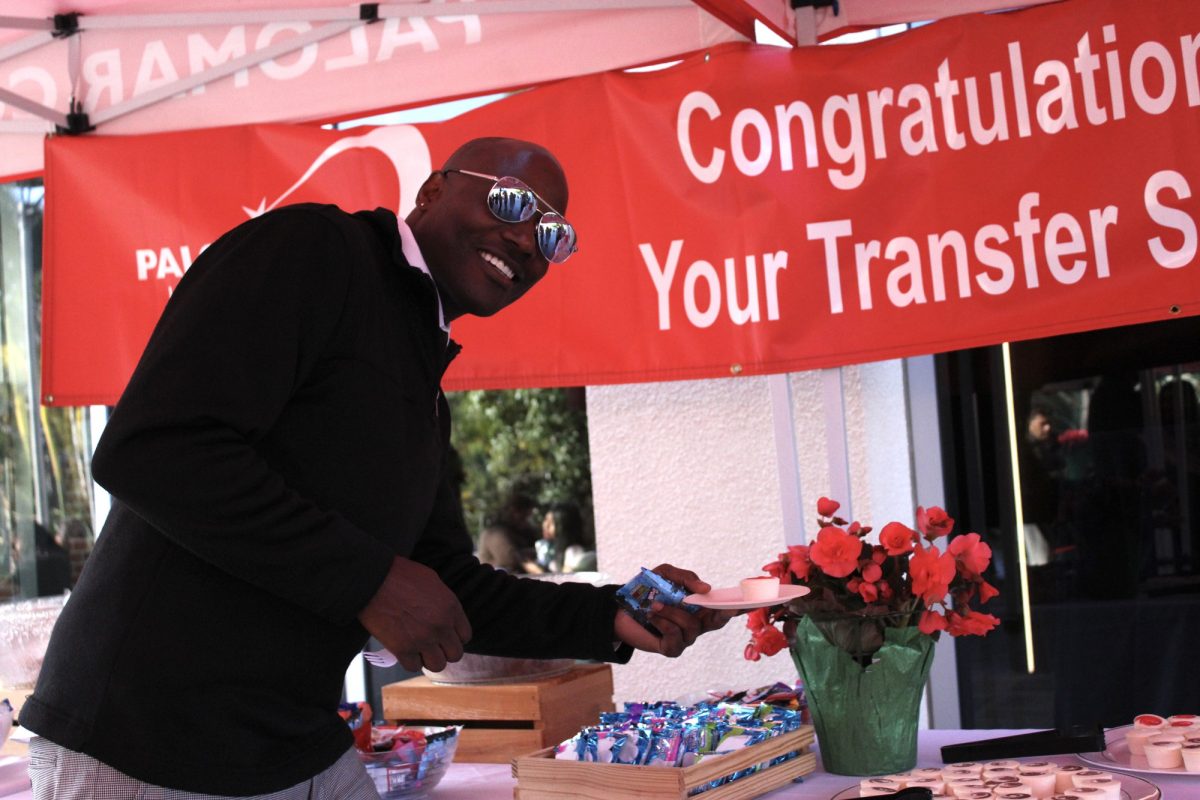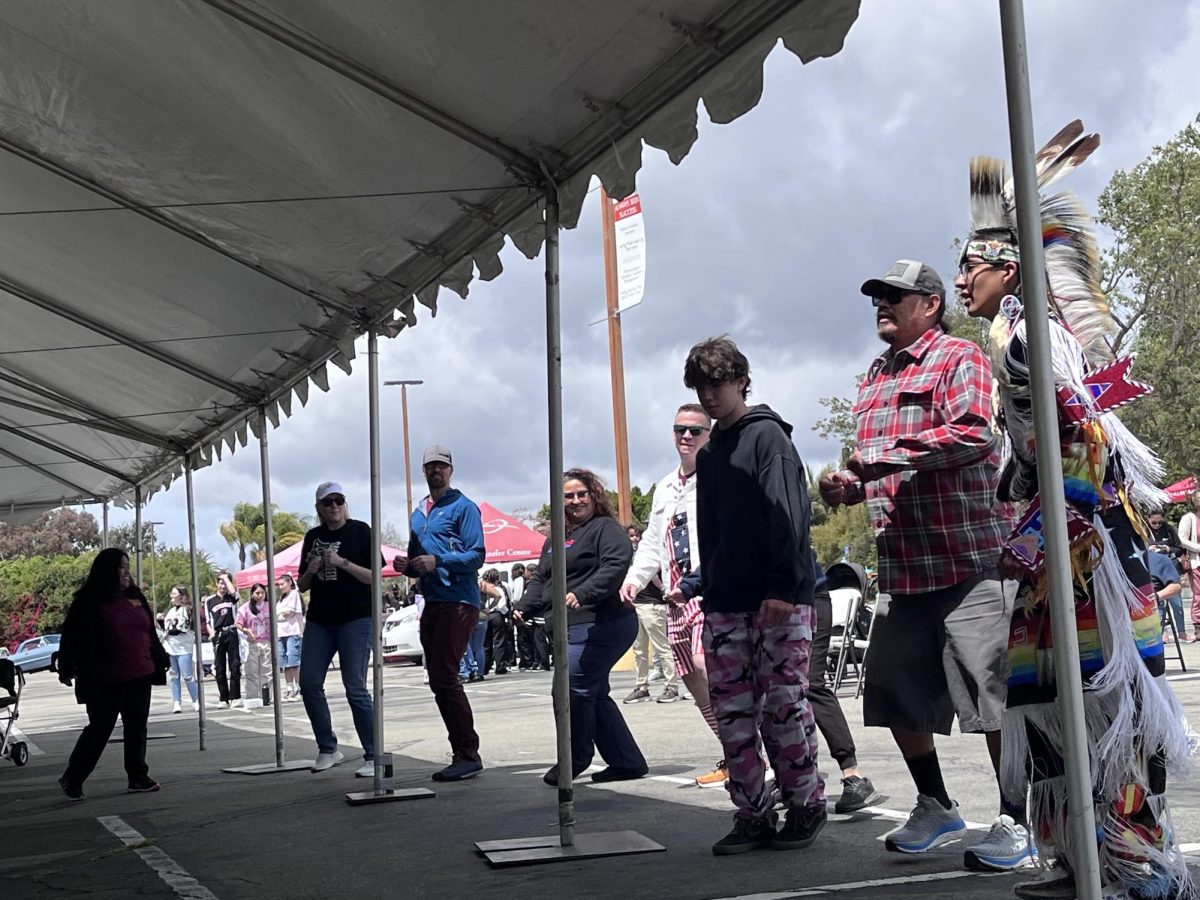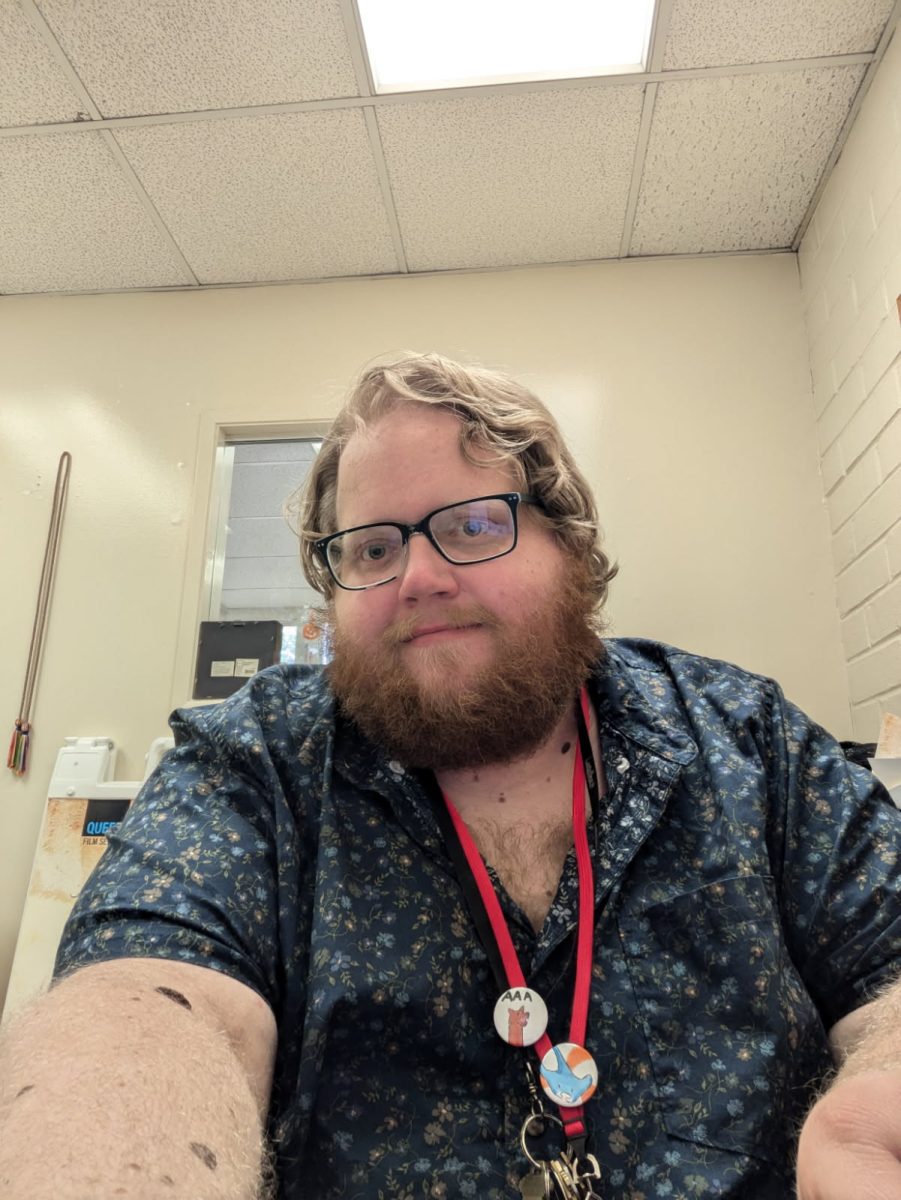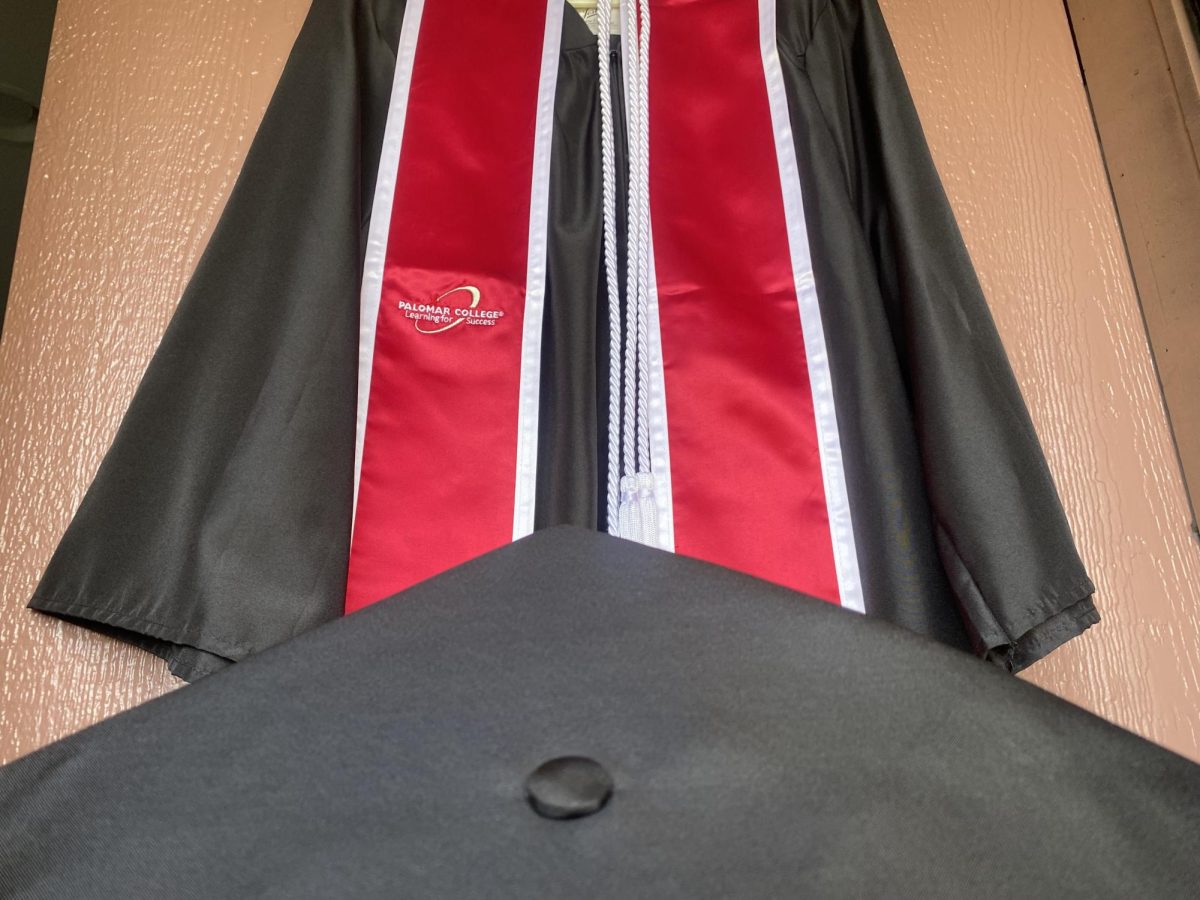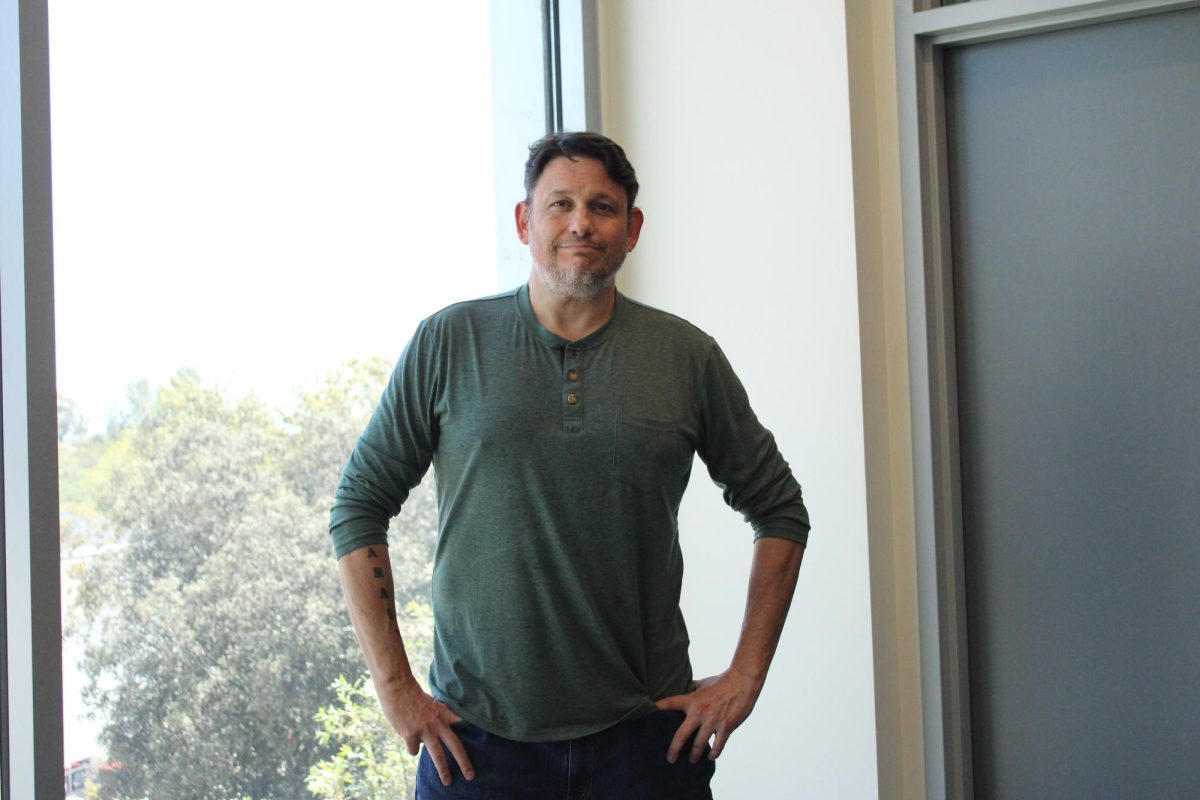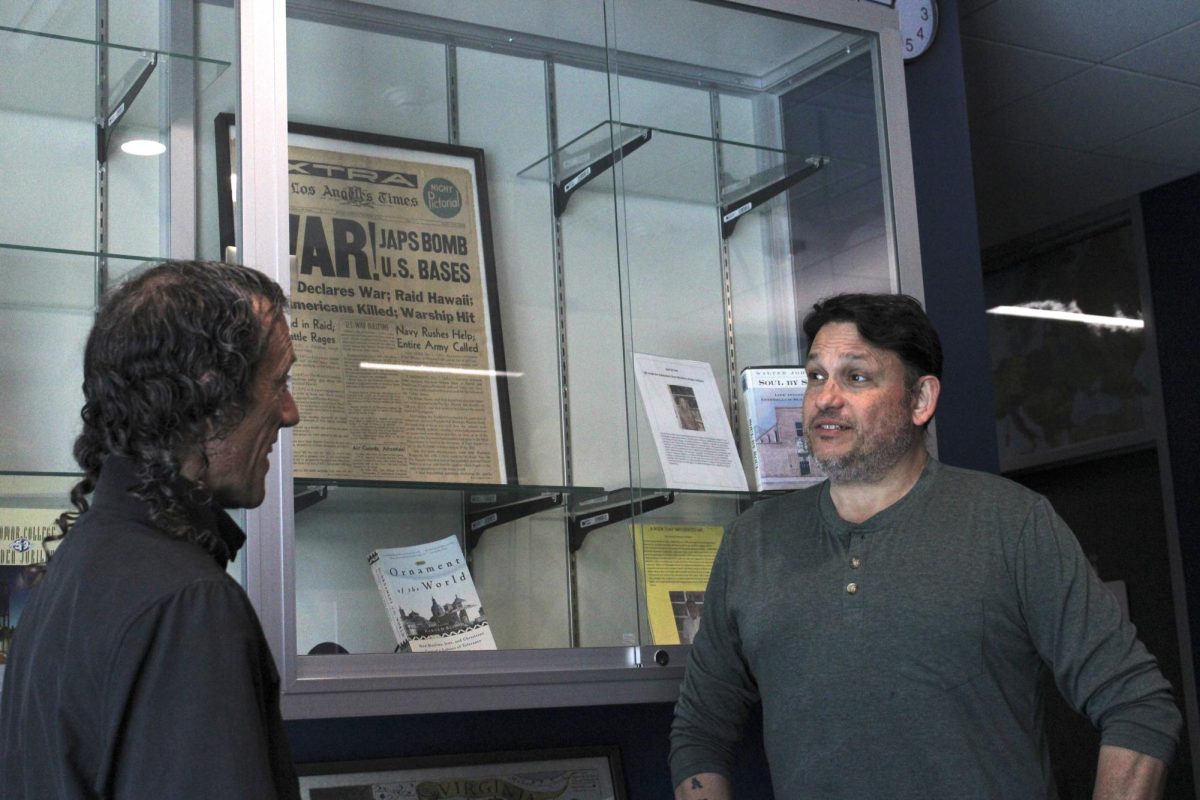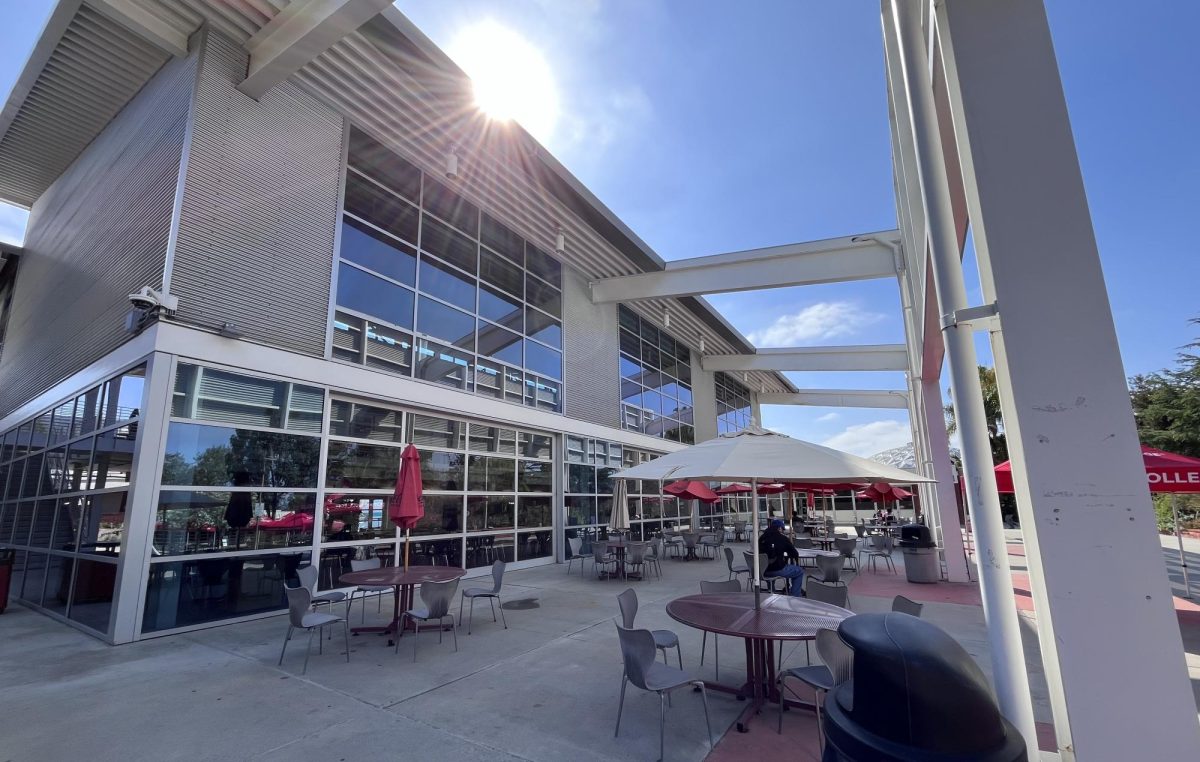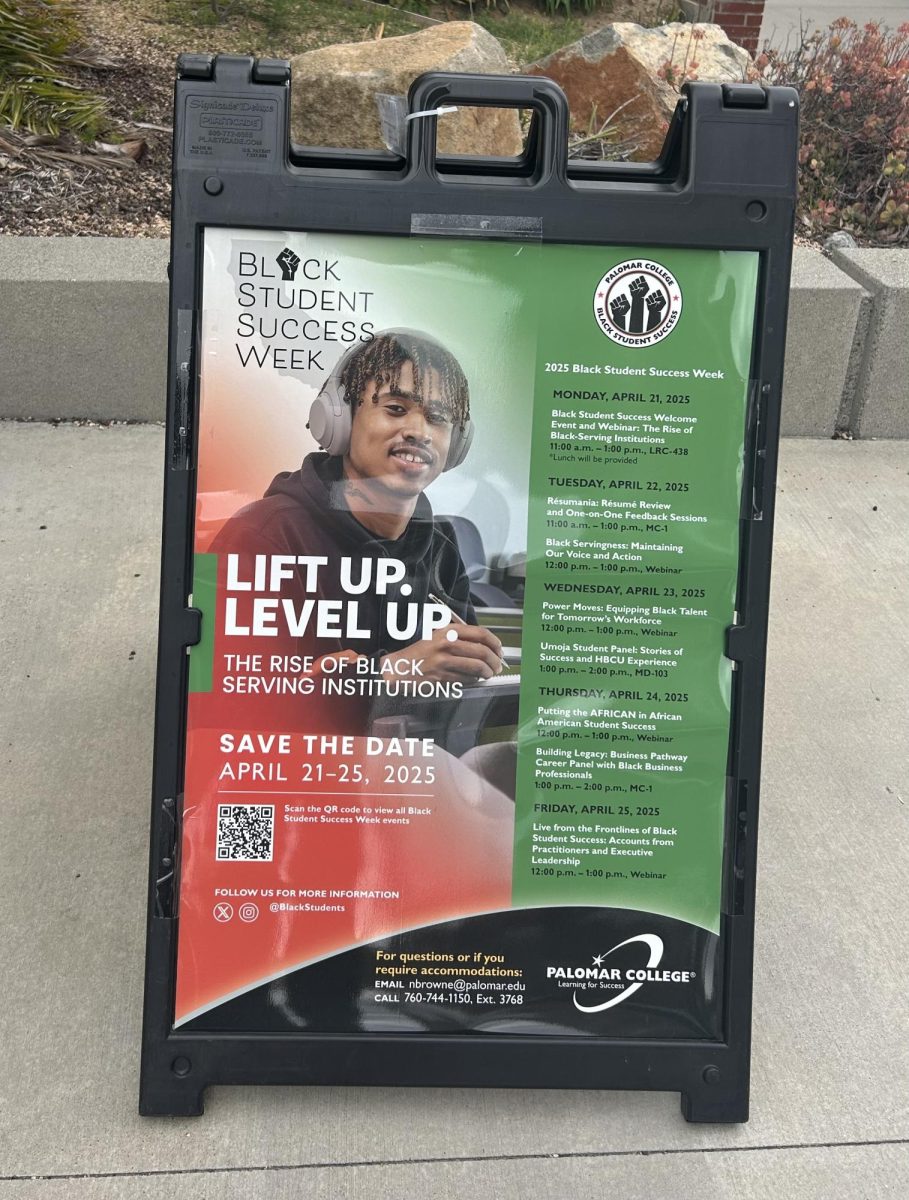According to a study done by Cornell University, nearly 45% of Americans have personally known someone who has served or is currently serving time in prison.
With the United States having the largest population of prisoners, the Correctional Education Association has estimated that 75% of prisoners are illiterate. Of the nearly ninety-eight thousand prisoners in California, about ten thousand incarcerated and formerly incarcerated people are currently attending college.
There are around 50-70 students who attend Palomar College and are a part of Palomar College’s Transitions Program. The Transitions Program, soon to be renamed The Rising Scholar’s Network, is currently being overseen by Nora Kenney, Ph.D. who started working on the program in March 2020. Prior to working at Palomar’s Transitions Program, Kenney was working as a teacher at the Vista Detention Center for two years before joining the Transitions Program’s staff in March.
The Transitions Program supports currently and formerly incarcerated students, along with justice-impacted students, who are looking to pursue higher education. The program helps students both in and out of jail to achieve their academic goals, whether that be acquiring their associate’s degree or transferring to a four-year university.
Palomar also has a Summer Transitions program that recruits 20-25 students to take classes together and participate in community-building activities. These classes are taught by professors who have either been incarcerated or have had someone close to them being incarcerated. This allows students to participate in their classes and activities in a safe environment with people of similar backgrounds.
As for the students that are currently incarcerated, the program allows them to take both credited courses and also general education classes while serving their time. These students are currently enrolled in two fast-track classes that are being taught by professors who have been teaching at the detention center since the beginning of the program. Director Kenney states, “Our students at the jail are currently taking Cinema 100 and Chicano Studies. And most of our students there are veterans of the program, who are living in the same housing module together and are getting access to college while serving time.”
Palomar’s Transitions Program isn’t the only one in California. Offered at 14 CSU campuses is Project Rebound, which looks to support and help reintegrate formerly incarcerated students into school and society. The Transitions Program is partnered with not only Project Rebound, but also with the Rising Scholar’s Network in California. The Rising Scholars Network is a partnership between multiple community colleges in California that seeks to support currently and formerly incarcerated students. Palomar’s Transitions Program is soon to be another branch of the Rising Scholar’s Network.
In regards to how successful the program has been, Director Kenney says, “This summer we had 23 students in our program and 21 completed the program, and in the jail, our students are getting A’s and B’s for all of their courses. Our students are really successful as long as their basic needs are being met, which is what we aim to help them with.”

